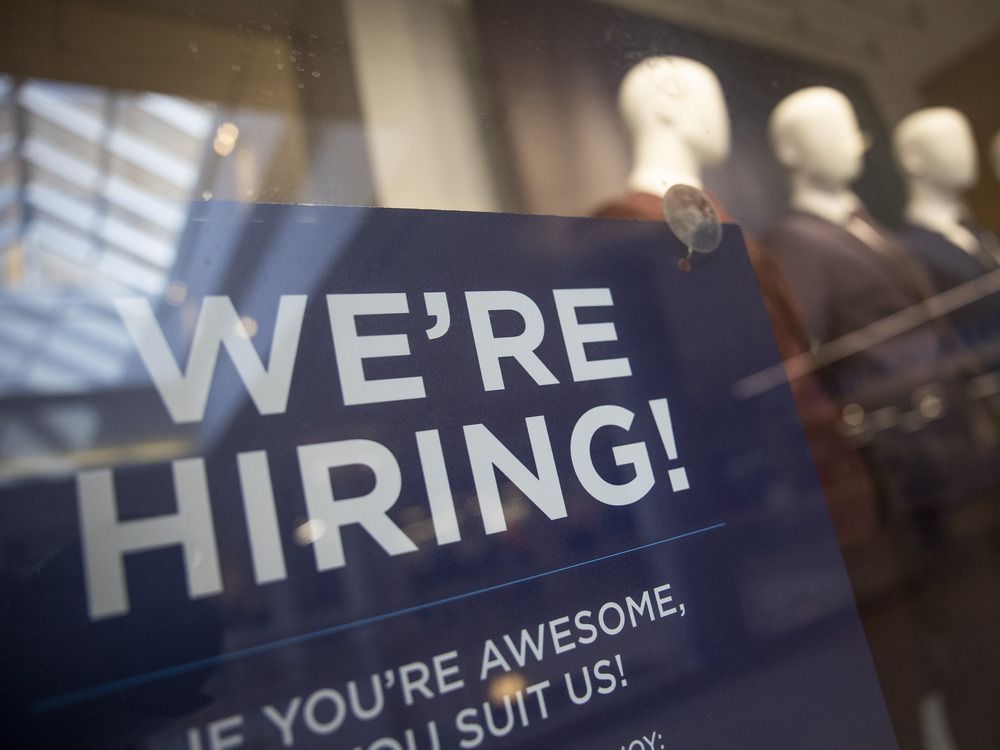Article content
Escalating levels of illness and health-related economic inactivity are worsening inequality in the United Kingdom and pose a “profound fiscal threat,” according to new research.
Work by the cross-party IPPR Commission on Health and Prosperity found that one in every four working-age Britons who neither have nor want a job live in just 50 local authorities.
Article content
The findings published Jan. 18 highlight a “double injustice,” with people living in the most deprived areas “one and a half times more likely to experience economic inactivity and twice as likely to be in poor health,” IPPR said.
Illness is linked to low productivity, high poverty and persistent unemployment. The wealth divide has left “bad health black spots” across the U.K. where people are more likely to be out of work.
Figures from the Office for National Statistics show that inactivity among 16 to 64-year-olds stood at almost 8.7 million toward the end of 2023, or more than one in five. Hundreds of thousands have dropped out of work since the pandemic, driven by a surge in long-term sickness.
The government’s forecaster, the Office for Budget Responsibility, has warned that the number of people moving into inactivity and onto benefits is becoming unaffordably expensive.
Rising economic inactivity deprives the country of growth potential and adds tens of billions of pounds to the welfare bill, the OBR has said. IPPR reiterated the warning, saying health-related inactivity “is one of the most profound fiscal threats faced by the U.K.” and is damaging to the country economically.
Article content
Poor health leaves the worst-affected areas trapped it a cycle of deprivation as high inactivity leads to low productivity, higher unemployment, more child poverty and smaller household incomes.
“Inactivity is closely correlated with the level of poor health in each place. A one per cent increase in the number of people reporting bad or very bad health is associated with a 2.1 per cent increase in the proportion of working-age people who are economically inactive,” the report said.
People in Liverpool are almost three times more likely to be in poor health than those in Oxfordshire and twice as likely to be economically inactive.
Recommended from Editorial
-

Poor mental health driving crisis of worker sickness in U.K.
-

Long COVID could be why so many in U.K. dropped out of labour market
IPPR said the government should tackle the problem at a regional level with new health zones that have sweeping powers “to invest, raise local taxes, and set missions.”
“The U.K. is getting poorer and sicker. This trend is not equal across the country. Poorer and sicker areas are getting poorer and sicker the most quickly,” it said.
—With assistance from Irina Anghel.
Bloomberg.com
Share this article in your social network
U.K. getting ‘poorer and sicker’ as illness keeps people out of work
2024-01-19 14:55:00







